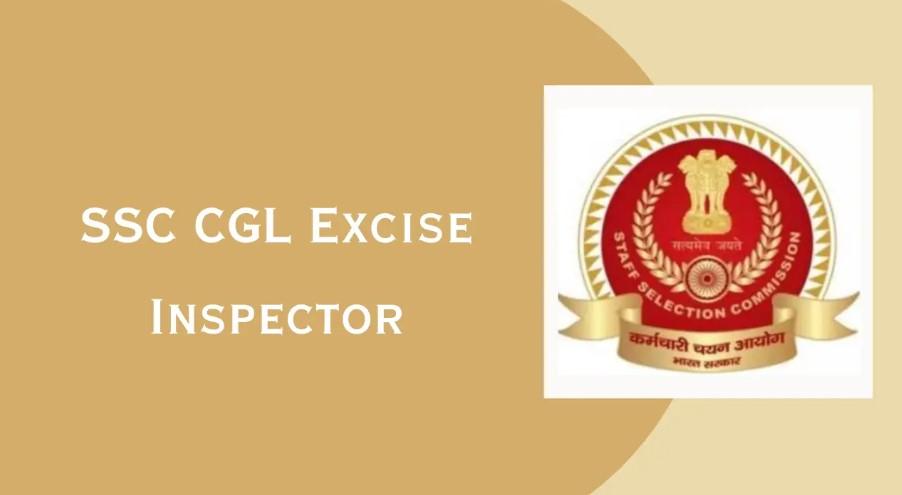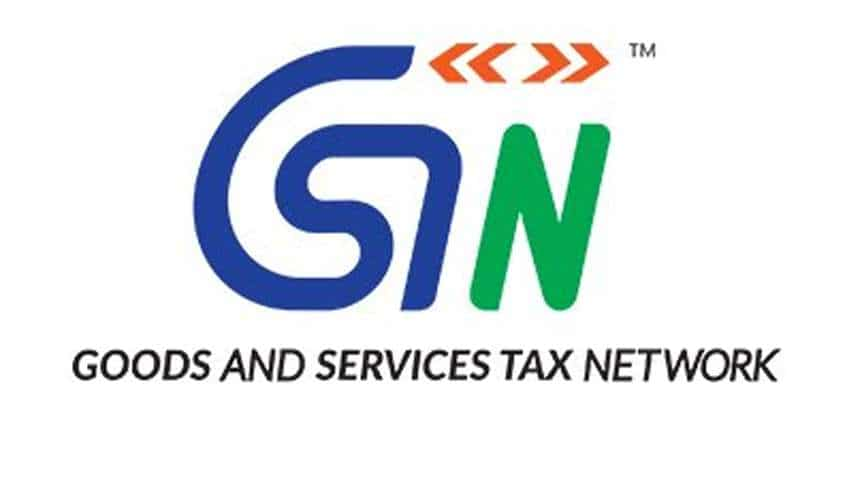Importers have moved to Delhi and Mumbai high courts over double taxation issue on Ocean Freight on the ground that When the basic customs duty and IGST are already paid on the CIF value, argue the petitioners, why should there be another tax on the ocean freight element. Let’s understand the issue in depth.

What is Ocean Freight?
Ocean Freight is a method of transporting large quantities of goods through the sea. Products are packed into large containers which are loaded onto vessels sailed to the destination country
What Cargo is shipped with Ocean ?
The shipment agent can identify whether the ocean freight suits your shipment. A rule of thumb is that shipments with weight more than 100kg or those consisting of multiple cartons usually suit sea freight. Though there are some restrictions regarding the commodities which can be shipped through sea freight, most items are allowed. Dangerous goods are moved under specific conditions while perishable goods are transported in appropriate containers. You can even transport refrigerated or frozen items and even products like sugar that need to be kept dry during the transit.
What is Modus Operandi of International Ocean Freight?
In ocean freight shipping, goods are packed in shipping containers and the freight forwarder books container or space with the shipping agent. Shipment moves to the port and passes through customs at the point of origin. Goods are loaded into full containers or shared containers depending on the volume and put on the cargo ship for transportation. When they reach the destination, goods pass through customs again generally arranged by the shipping agent and upon payment of duties and taxes, released for delivery. The goods are delivered to the receiver either in the same container or on pallets.
Who is Freight Forwarder?
A freight forwarder, forwarder, or forwarding agent, also known as a non-vessel operating common carrier (NVOCC), is a person or company that organizes shipments for individuals or corporations to get goods from the manufacturer or producer to a market, customer or final point of distribution. Forwarders contract with a carrier or often multiple carriers to move the goods. A forwarder does not move the goods but acts as an expert in the logistics network. The carriers can use a variety of shipping modes, including ships, airplanes, trucks, and railroads, and often use multiple modes for a single shipment. For example, the freight forwarder may arrange to have cargo moved from a plant to an airport by truck, flown to the destination city and then moved from the airport to a customer’s building by another truck.
So Freight forwarder is broader term and undertakes Ocean Freight for Importers in many cases. For the present article our focus shall be just Ocean Freight.
Applicability of GST on Ocean Freight
- Ocean freight since service tax regimes have remained in limelight of issues due to involvement of non taxable territories and interplay the jurisdictional capacity of Goods / Services Act to tax such component.
- As per Under Section 9(3) of the CGST Act or under Section 5(3) of the IGST Act Government may mandate the service recipients to discharge tax liability i.e. also know as “Reverse Charge liability”.
- Next, where the location of SP
(Service provider) and SR (Service recipient) is both in India then
Section 12(8) applies i.e.
- Next, where the location of SP or SR is outside India it is normally the location of SR unless SR is not known then it is SP’s location but for Transportation of goods Section 13(9) of IGST Act, 2017 shall apply which says that Place of Supply of Service shall be place of destination of such goods. Hence where goods are imported in India then Destination is India hence such service is taxable and under Import of Service liable under GST.
- Now,
what happens when both SP and SR are outside India. In such case where the
goods are destined to India then as per Section 13 the PoS shall be India then
Notification 10/2017 IGST (Rate) defines the following category under Sl. No.10
as :-
- A person located in non-taxable territory
- Importer, as defined in clause (26) of section 2 of the Customs Act, 1962(52 of 1962), located in the taxable territory. Now, notification in making recipient of the such services as specified in column (4) liable to pay tax in such a case whereas in the present case, Importer is not the service recipient of such transportation of goods.
- have been challenged before the Gujrat High Court in case Mohit Minerals Pvt. Ltd. [2018 (10) G.S.T.L. 424 (Guj.)], and the issue is stayed.
Rate of GST Applicable under Sl. 9 of Notification 8/2017 (IGST-R)

Transport of goods in a vessel including services provided or agreed to be provided by a person located in non-taxable (SP) territory to a person located in non-taxable territory (SR) by way of transportation of goods by a vessel from a place outside India up to the customs station of clearance in India. Here 5% only when SP & SR both outside India goods destined to India and Importer liable to pay then 5% other where SR or SP either in India then rate general 18%.
FIRST TAX ON OCEAN FREIGHT à Hence what we can see is that Ocean Freight becomes liable to GST and Importer is bound to pay such IGST under Reverse Charge under 10/2017 IGST (Rate).
Now, lets see how this ocean freight gets taxed second time.
- Section 2 (10) of IGST Act, 2017 defines Imports” with its grammatical variations and cognate expressions, means bringing goods into India from a place outside India.
- Article 269 A constitutionally mandates that the supply of goods, or of services, or both in the course of import into the territory of India shall be deemed to be supply of goods, or of services, or both in the course of inter-State trade or commerce for levy of integrated tax. So import of goods or services will be treated as deemed inter-State supplies and would be subject to Integrated tax (IGST).
- As per Sec (25) of Customs act, 1962 : “imported goods” means any goods brought into India from a place outside India but does not include goods which have been cleared for home consumption.
- The import of goods has been defined in the IGST Act, 2017 as bringing goods into India from a place outside India. All imports shall be deemed as inter-State supplies and accordingly integrated tax shall be levied in addition to the applicable Custom duties. The IGST Act, 2017 provides that the integrated tax on goods imported into India shall be levied and collected in accordance with the provisions of the Customs Tariff Act, 1975 on the value as determined under the said Act at the point when duties of customs are levied on the said goods under the Customs Act, 1962
- The integrated tax on goods shall be in addition to the applicable Basic Customs Duty (BCD) which is levied as per the Customs Tariff Act. In addition, GST compensation cess, may also be leviable on certain luxury and demerit goods under the Goods and Services Tax (Compensation to States) Cess Act, 2017.
- The Customs Tariff Act, 1975 has accordingly been amended to provide for levy of integrated tax and the compensation cess on imported goods. Accordingly, goods which are imported into India shall, in addition to the Basic Customs duty, be liable to integrated tax at such rate as is leviable under the IGST Act, 2017 on a similar article on its supply in India. Further, the value of the goods for the purpose of levying integrated tax shall be, assessable value plus Customs Duty levied under the Act, and any other duty chargeable on the said goods under any law for the time being in force as an addition to, and in the same manner as, a duty of customs.
- In simple terms, u/s 14 of Customs Act, 19621- 1% added to CIF value of imports is assessable value. Hence IGST shall be Paid on CIF Value which includes Ocean Freight.
SECOND TAX ON OCEAN FREIGHT à Hence what we can see is that Ocean Freight becomes liable to IGST under CIF Cost (Which includes Ocean freight) at the time of import of goods liable to IGST at Customs.

Double Taxation Upheld by AAR’s
- In Re: Chambal fertilizers and Chemicals Limited [2018 (17) G.S.T.L. 526 (A.A.R. – GST)], the Authority of Advanced Ruling held,“We find that the services supplied by the foreign shipping entity of transportation of goods in a vessel to a port in India is an ‘inter-State supply’ in terms of Section 7 of the Integrated Goods and Services Tax Act, 2017 (hereinafter referred to as “IGST Act”). Hence, IGST is leviable on the same under Section 5 of the IGST Act. As per the charging section i.e. Section 5, IGST has to be paid by the taxable person.The Entry No. 10 of the Notification No. 10/2017-Integrated Tax (Rate), dated 28-6-2017 (hereinafter referred to as the “RCM Notification”) reads as under: –
| Sl. No. | Category of Supply of Services | Supplier of service | Recipient of service |
| 10. | Services supplied by a person located in non-taxable territory by way of transportation of goods by a vessel from a place outside India up to the customs station of clearance in India. | A person located in non-taxable territory | Importer, as defined in clause (26) of Section 2 of the Customs Act, 1962 (52 of 1962), located in the taxable territory. |
- Thus, as per the Notification No. 10/2017-Integrated Tax (Rate), dated 28-6-2017, in the case of import of goods on CIF (Cost, Insurance and Freight) basis, the applicant (importer) is liable to pay GST on the component of ocean freight paid by the foreign supplier to the shipping company.”
- In Re: Bahl Paper Mills Limited [2018 (14) G.S.T.L. 306 (A.A.R. – GST)], the AAR-GST held that “in this regard it is observed that vide Notification No. 8/2017-Integrated Tax (Rate), dated 28-6-2017 and Notification No. 10/2017-Integrated Tax (Rate), dated 28-6-2017 an importer is required to pay IGST on the ocean freight. Therefore, as on date, even if the importer has already paid IGST on CIF value imported goods, he is still required to pay IGST on ocean fright.
Author’s Note :- This double taxation is the actual cause of agony of Importers to move to the High courts. In my view, the where IGST has been discharged on complete CIF value then additional GST on ocean freight as service shall be exempted even on principal supply principle of GST.














